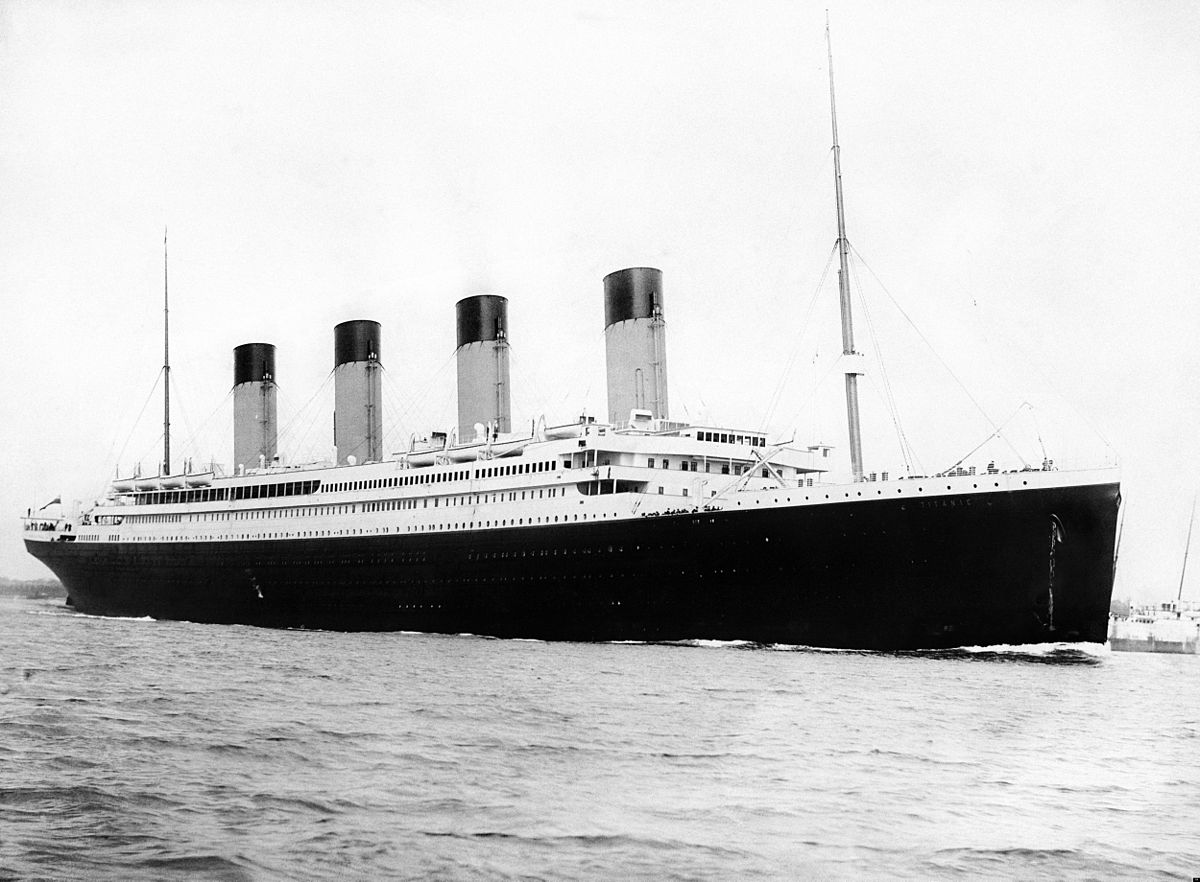
(Photo: F.G.O Stuart)
HALIFAX—Members of an international ice patrol that formed as a result of the sinking of the Titanic will be in Halifax this week for a ceremony to commemorate the more than 1,500 people who died in the disaster.
United States Coast Guard Cmdr. Gabrielle McGrath says the memorial will recognize the long history of the International Ice Patrol, which was established after the Titanic struck an iceberg and sank in the Atlantic Ocean in April 1912.
“It’s why we do what we do, so that’s why we find it so important,” said McGrath in a phone interview. “It’s very important to us to remember those people that perished and the fact that that’s why we’re here doing what we do and really making sure it never happens again.”
McGrath, who is commander of the Connecticut-based International Ice Patrol, says the memorial will take place on Wednesday at the Fairview Lawn Cemetery in Halifax, the final resting place of about 120 of the Titanic’s passengers and crew.
She said a local priest will bless four wreaths that will be placed on the graves. The wreaths will then travel to the area of the sinking on Thursday, where they will be airdropped into ocean, said McGrath.
Following the sinking of the Titanic, the international community came together to ensure the safety of vessels travelling in the North Atlantic, which is riddled with hundreds of potentially dangerous icebergs every spring, said McGrath. It’s the only place in the world where you have a collection of icebergs intercepting a shipping lane, she said.
“It’s definitely very dangerous and it’s a very dynamic oceanographic and meteorological environment, so it’s something we’re always thinking about—making sure another disaster like the Titanic doesn’t happen again,” said McGrath.
The patrol is operated by the United States Coast Guard but they work with more than a dozen nations who have interests in transatlantic navigation and shipping, including Canada, United Kingdom and Denmark.
The ice patrol works with the Canadian Ice Service to issue reports on iceberg whereabouts. The agencies use aerial reconnaissance and satellite images to pinpoint the massive chunks of ice floating in the North Atlantic.
McGrath said since the creation of the International Ice Patrol in 1913, there have been no incidents of vessels striking icebergs within their jurisdiction.
“We feel very proud of our perfect record and that we’ve been able to stop that risk of iceberg collision,” she said.
McGrath said the ceremony used to take place every year or every other year, but one hasn’t been held since 2010. The public is also welcome to attend.